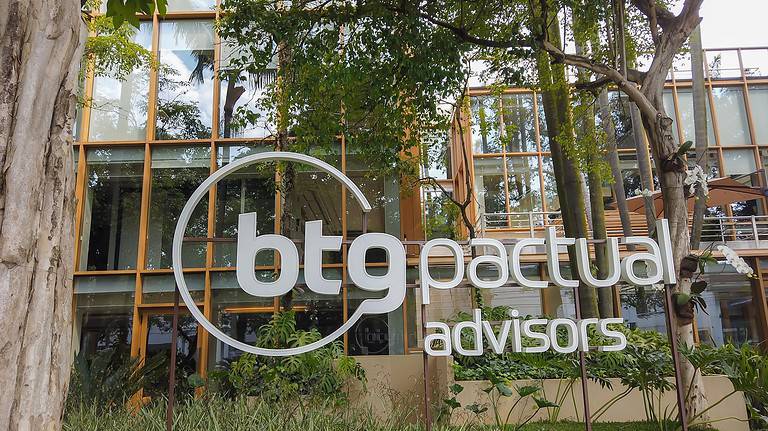
Award Winners
GW Platt Foreign Exchange Bank Awards 2026: Latin America
BTG Pactual delivers best-in-class FX execution across Latin America, driving volume growth through automation, platform upgrades, and regional expansion.
Global news and insight for corporate financial professionals
Join the global community of corporate and public-sector finance industry leaders reading Global Finance monthly in print.
Click Here
Award Winners

Award Winners

Awards
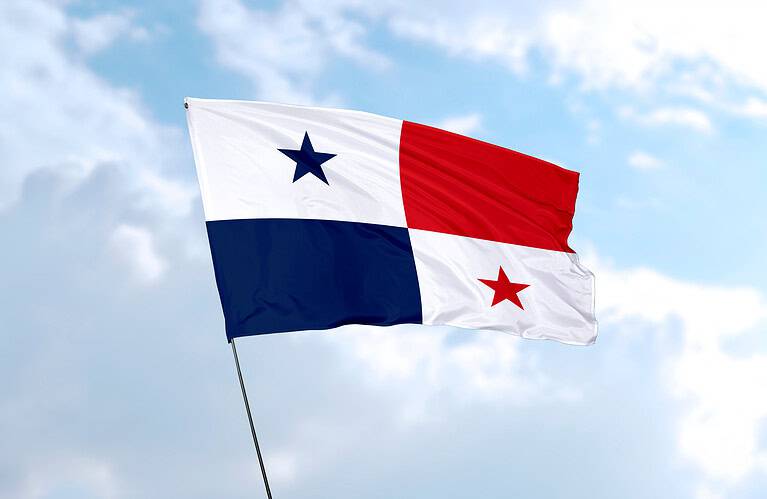
Capital Raising & Corporate Finance

Award Winners

Award Winners

Award Winners
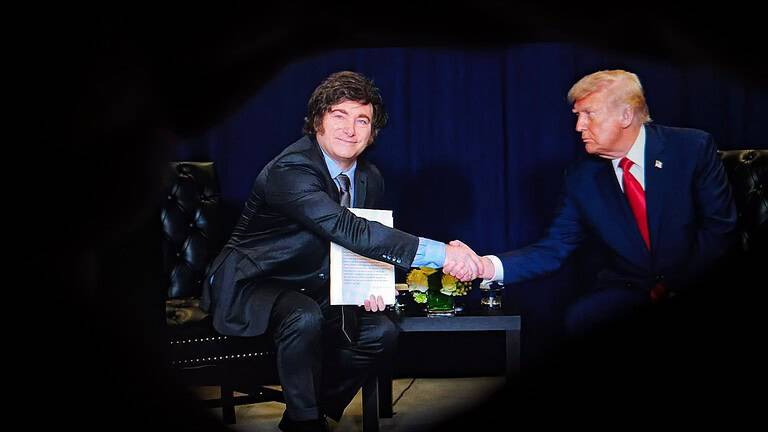
Economics, Policy & Regulation
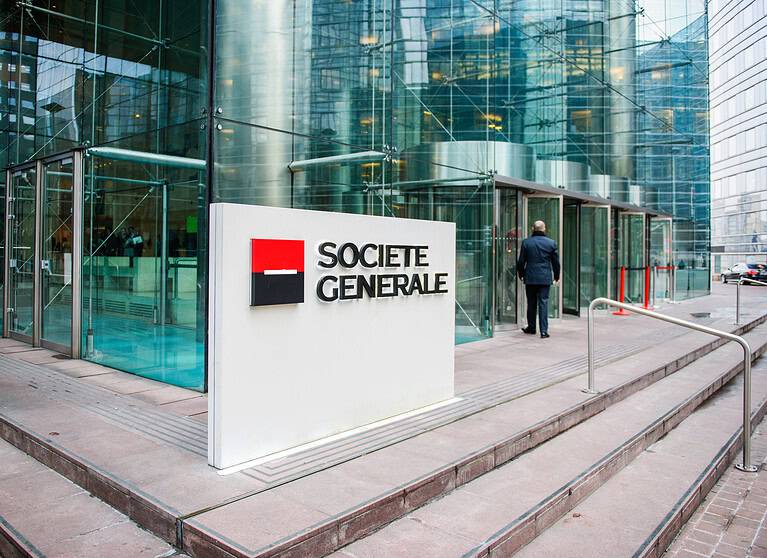
Award Winners
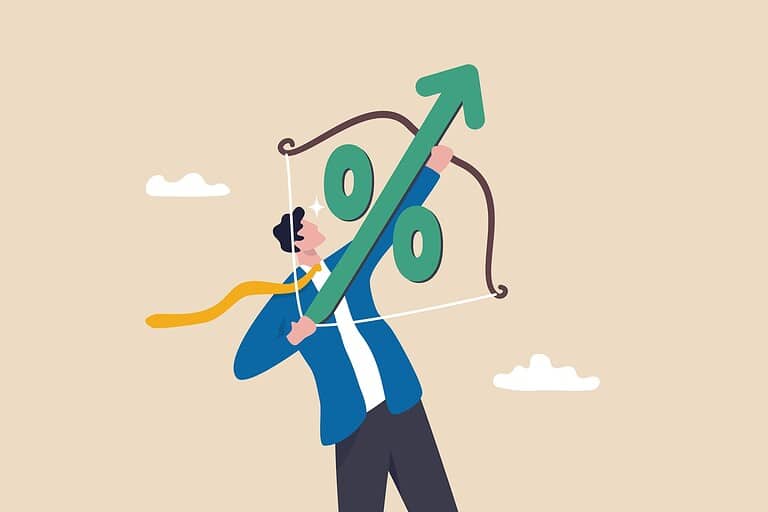
Economics, Policy & Regulation

Award Winners

Award Winners